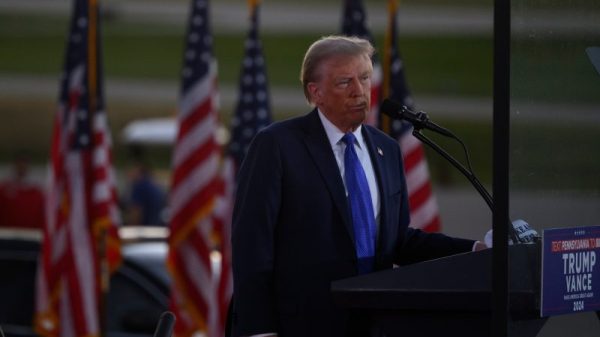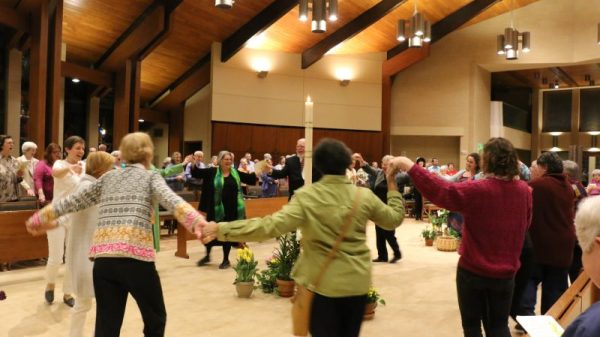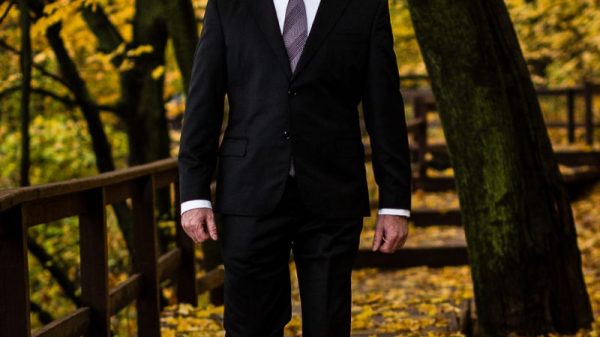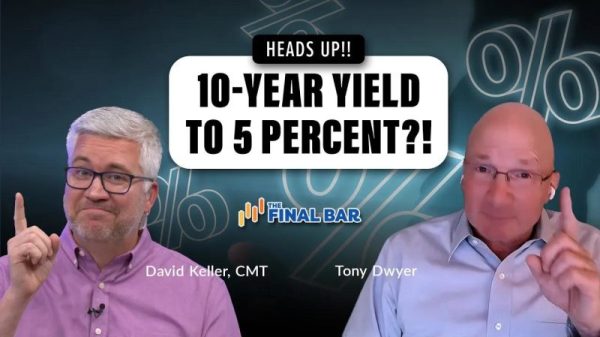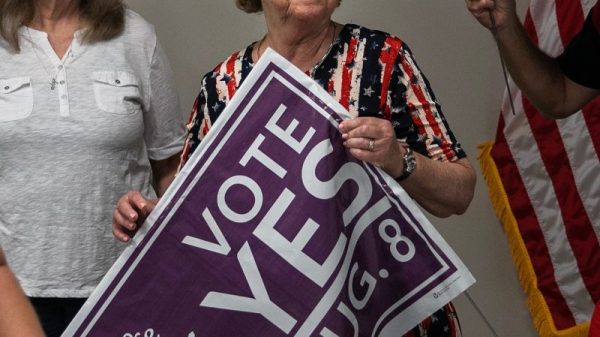Texas’ attorney general is suing five states for enacting local decriminalization measures.
Meanwhile, Kentucky has introduced a second bill to legalize cannabis, this time with measures that allow for a recreational market, and Florida has passed a bill that would place THC limits on recreational cannabis.
Keep reading for a round-up of this week’s top news and trends in the cannabis industry.
Texas attorney general sues five cities over decriminalization ordinances
Texas Attorney General Ken Paxton has filed lawsuits against five Texas cities over decriminalization efforts for low-level cannabis offenses, alleging that they are in direct violation of Texas law. The cities facing lawsuits are Austin, San Marcos, Killeen, Elgin and Denton, all of which have seen voters pass decriminalization efforts in recent years.
According to Paxton, there are state statutes and provisions within the US Constitution that prevent cities from putting laws in place that directly contradict state laws. In a press release on Wednesday (January 31), Paxton said:
“This unconstitutional action by municipalities demonstrates why Texas must have a law to follow the law. It’s quite simple: the legislature passes every law after a full debate on the issues, and we don’t allow cities the ability to create anarchy by picking and choosing the laws they enforce.”
This news comes as Texans continue to push for cannabis reforms. Lubbock is preparing to vote on local decriminalization laws in May, and Dallas and Lockhart have been collecting signatures to bring the matter to the ballot in November.
Kentucky introduces new bill for adult-use legalization
Representative Rachel Roberts introduced a new measure to implement the legalization and regulation of adult-use cannabis in Kentucky on Tuesday (January 30), the aptly named HB 420.
The bill would allow for the legal use and possession of cannabis, and would grant licenses to cultivators, processors and retailers; it would also impose a 9 percent excise tax on all purchases. In addition, local government officials would be able to charge a licensing fee of up to 5 percent if the bill were to pass.
Under the proposal, the bill would come into effect on July 1, 2026. After its implementation, people who have had trouble with the law due to cannabis prohibition would be allowed to file petitions to have their records expunged. Taxes collected through the legal sale of cannabis would go towards administrative costs, job training and to fund re-entry programs for people who have negatively been affected by the war on drugs.
HB 420 joins another bill, HB 72, in line for review in the US House of Representatives. HB 72 includes similar measures for the possession and use of cannabis by adults in Kentucky, but bans the commercial sale of cannabis products.
Florida passes bill to place THC limits on recreational cannabis
In the upcoming US election, Floridians may have the opportunity to vote on a measure concerning adult-use recreational cannabis. However, lawmakers on the state’s House Healthcare Regulation Subcommittee have recently made changes to the proposal that will appear on the ballot. The amendment, introduced by Representative Ralph Massullo, the bill’s sponsor, would raise the limit on the THC content for cannabis flower from 10 percent to 30 percent.
Other changes include the implementation of a 60 percent THC cap on all other cannabis-containing products and a limitation on edibles of 10 milligrams per serving, with no package containing more than 200 milligrams.
Although the bill was advanced by the subcommittee, Marijuana Moment notes that some members raised concerns about the effects that highly concentrated cannabis products can have on mental wellbeing, especially for younger users. Representative Gallop Franklin, who voted ‘yes’ on the amendment despite his reservations, pointed out that people who want cannabis with more THC will likely be driven to buy cannabis on the illicit market, where it could be contaminated with products that do more harm than THC. The vote to amend the bill passed with a final tally of 13 to 4.
Minnesota proposes early licensing plan for cannabis businesses
In an effort to expedite the process of issuing licenses for the cannabis industry, officials in Minnesota plan to begin issuing temporary licenses by this summer, ahead of the state’s planned 2025 recreational market launch.
Charlene Briner, interim director of the state’s Office of Cannabis Management (OCM), presented the plan during a public webinar, stating that early licensing will prevent a “licensing bottleneck.’
As part of the state’s efforts to aid social equity applicants, temporary — which Briner clarified means ‘early’ — licenses will be granted to equity businesses to provide a first-mover advantage. Briner also said the OCM would eventually like to see ownership requirements for equity businesses lowered from 100 percent down to 65 percent. Aside from that, it wants medical and adult-use cultivation licenses to be merged, and would like licensing requirements to change so that the application process can begin before physical premises are secured.
New method of testing cannabis use achieves 96 percent accuracy
New techniques for detecting recent cannabis use have been tested in a driving simulation study that was funded in part by the US National Institute on Drug Abuse. The results, published in the journal Clinical Toxicology, show the new methods deliver a 96 percent accuracy reading 30 minutes after consumption.
Current testing methods used by law enforcement for determining impairment behind the wheel typically measure only the main psychotropic component of cannabis, THC. However, THC accumulates in a person’s fat tissue and remains in their system even when the impairment effects have worn off. Daily users who have built up a tolerance to THC will have an accumulation of it in their fat cells that is detectable by a standard drug test, even if the person hasn’t consumed cannabis, which can land them with fines and other legal repercussions.
This new method tests the metabolite ratio of THC to THC-COOH. When the ratio of active and inactive metabolites exceeded -0.18, the test was able to determine with 98 percent accuracy that the person had consumed cannabis within the last 30 minutes. The test also received a 93 percent sensitivity score; the 96 percent accuracy is a combination of the two scores.
Securities Disclosure: I, Meagen Seatter, hold no direct investment interest in any company mentioned in this article.
















